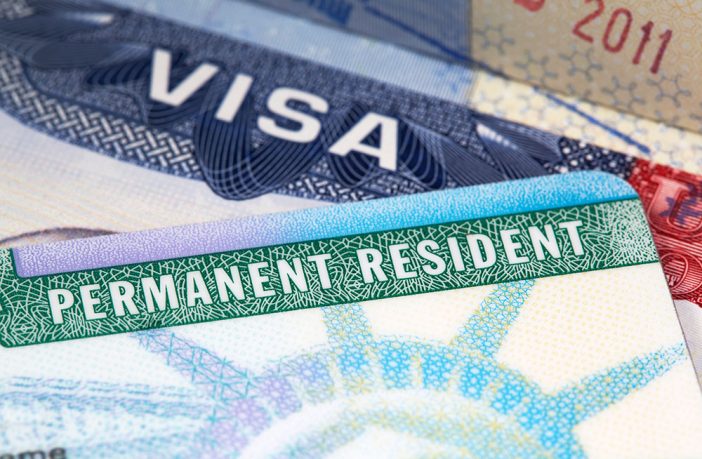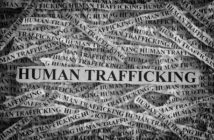President Trump’s Executive Order temporarily suspending immigration to the United States is an effort to respond to a real and urgent national health and economic crisis. The COVID-19 virus has claimed 42,000 American lives, and another 800,000 Americans are infected with the virus.
In an effort to contain the spread of the virus, federal, state and local governments have issued orders and directives that have restricted the movement of hundreds of millions of Americans and effectively shut down broad swaths of the economy. In one four-week period, 22 million Americans lost their jobs as a result.
The criticism of President Trump’s Executive Order has been predictable. It has centered on accusations that the president is trying to distract attention from what his critics see as mishandling of the COVID-19 crisis, and an attempt to blame the health and economic crises on immigrants.
Here are few questions that those who are making these claims need to answer:
- How does a temporary halt to immigration distract attention from the health and economic crises at hand? Are we suddenly going to forget that there is a dangerous and contagious virus out there that is killing tens of thousands of Americans? Are the 22 million people who filed unemployment claims in the past four weeks going to forget that they don’t have jobs?
- The time to assess the response of the president and every other public official to this pandemic will come, once things get back to some semblance of normality. There will almost certainly be commissions that will examine the nation’s response to the crisis, much like the commission that investigated the events leading up to the attacks of 9/11. There is also little doubt that those findings will reveal shortcomings on the part of the president, governors, mayors, and health professionals. Even more importantly (we hope), there will be recommendations for how to avoid making the same mistakes again. How will this Executive Order cover up any failures on the part of the president or anyone else?
- How is a temporary halt to the admission of some 80,000 new immigrants a month at a time when 22 million Americans have lost jobs in a single month an attempt to blame immigrants for anything, much less a health and economic emergency, and not an attempt to prevent these problems from getting worse?
- How does taking prudent action to prevent the spread of the virus or an exacerbation of an economic crisis equate with blame? If you are under order to severely limit your normal activities in the midst of this crisis, does that mean your governor or mayor is blaming you? If your governor or mayor has ordered that all nonessential businesses go dark, does that mean they are blaming your favorite restaurant or barber for the crisis?
- How can these same critics of the Executive Order accuse state and local officials who are attempting to reopen the economies in their jurisdictions of acting recklessly, while at the same time arguing that the president ignore the health and economic aspects of the pandemic and maintain immigration levels at pre-crisis levels?
Perhaps the most important question of all for the critics of the Executive Order is this: What is the affirmative argument for why we should continue to admit 80,000 new immigrants a month when we cannot adequately screen people who are entering the country for contagion, and when the economy is shedding jobs at an unprecedented rate?




